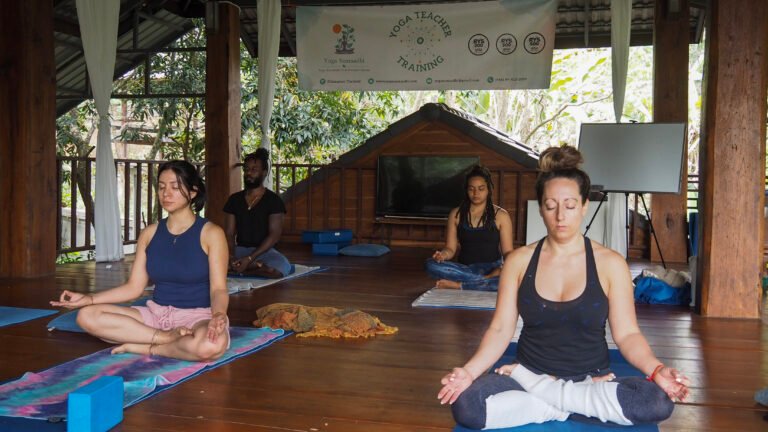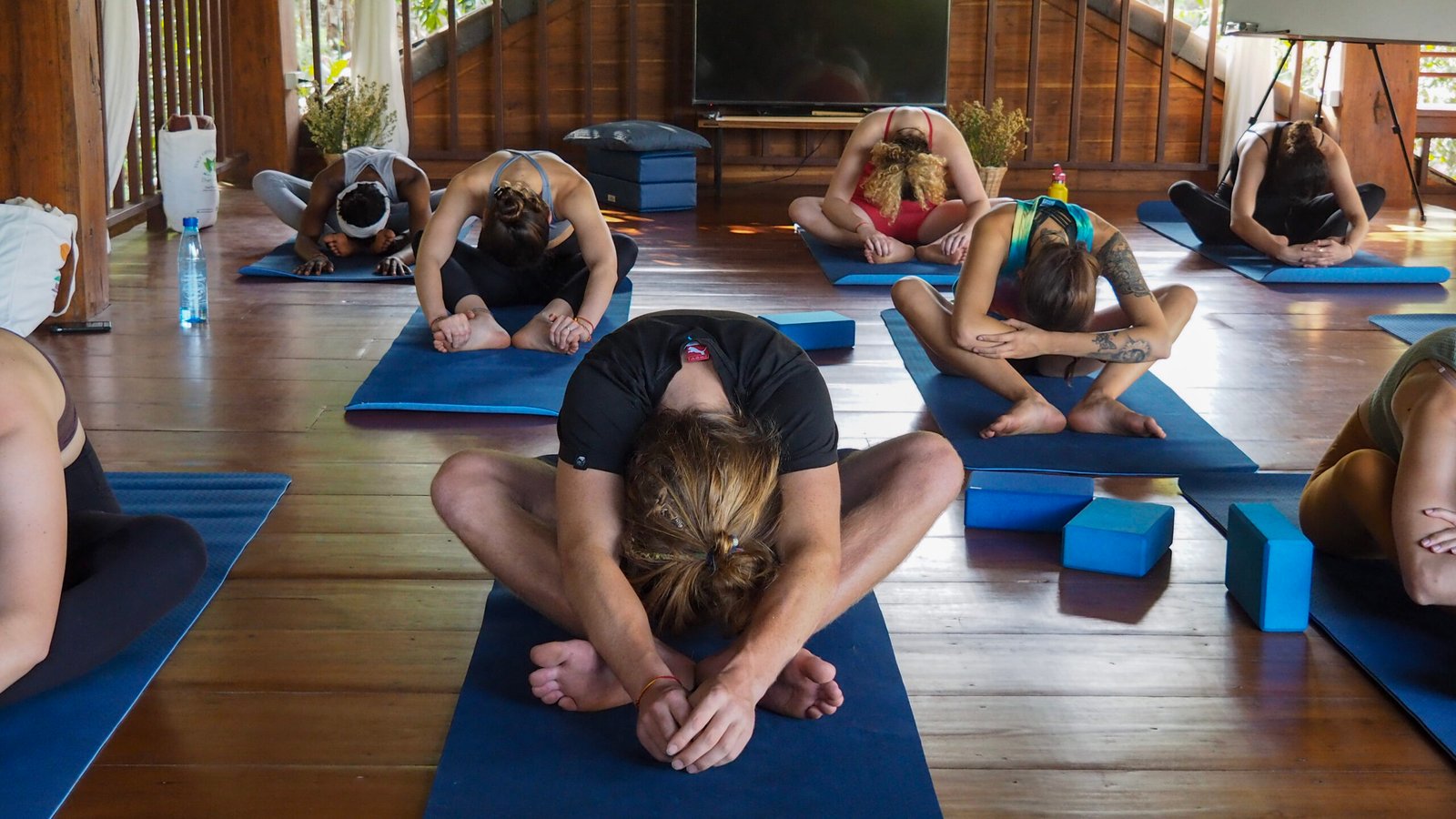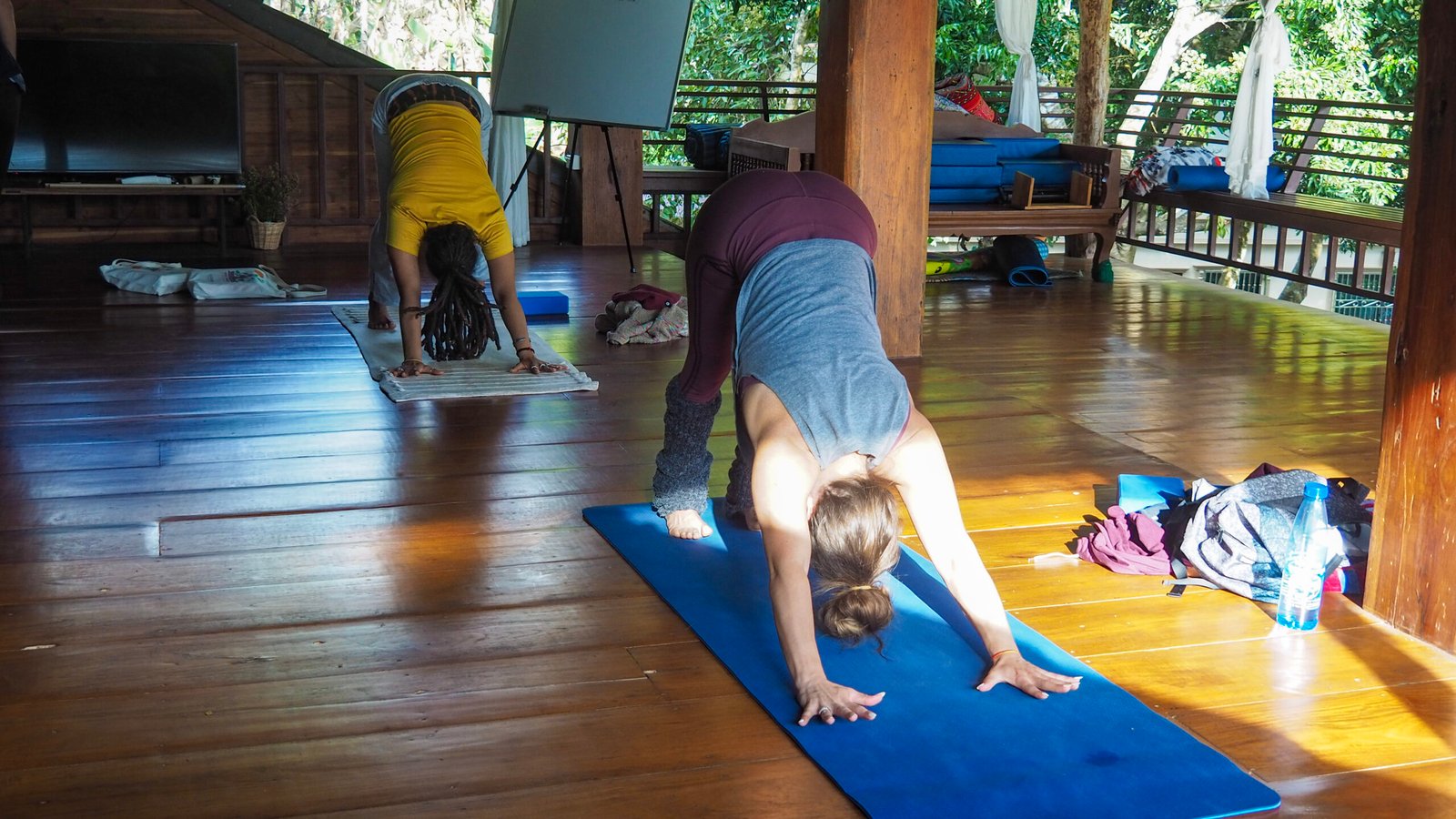Meditation can be a difficult practice to maintain, and it’s easy for people to get bored or frustrated when they try to meditate every day. This article discusses a study of the differences between meditating and not meditating, as well as tips for staying motivated when you try meditation.
How Do You Define Meditation?
There’s no one-size-fits-all answer to this question, as meditation can mean different things to different people. In general, though, meditation is any practice or technique that helps you focus your attention and relax your mind. Meditation can be practiced sitting still or inactivity, with or without specific goals in mind, and it’s often used to help improve concentration, creativity, and stress relief.
How To Meditate Every Day Without Getting Bored
If you’re looking for a way to relax and de-stress each day, meditation may be the perfect solution for you. Here are a few tips on how to get started meditating without feeling bored or stuck:
1. Make sure your environment is comfortable and relaxing. Find a place where you won’t be disturbed and sit or stand comfortably with your spine straight. If you doze off during your meditation session, don’t worry – simply start again from the beginning.
2. Choose a time of day when you are most productive and focused. This doesn’t have to be early in the morning or at night; any time of day works well as long as you are able to remain concentrated throughout your entire session.
3. When you are ready to meditate, sit up straight with your spine in alignment and breathe deeply for approximately five minutes.
4. Begin to consciously relax each part of your body one by one as you continue to focus on your breathing rhythm and quieting your mind. Try not to think about other things during this time – just focus on the here and now.
5. After a while, simply rest without trying to force yourself into falling asleep or forcing yourself awake; when it feels right, simply return to your original position and start again from the beginning.

Why Meditate?
Meditating has many benefits, including reducing stress, improving your mood, and improving your mental clarity. It can also help you to focus and learn more effectively. Additionally, meditation can help you to be more present in the moment, making it a valuable tool for mindfulness.
What is Mindfulness?
Mindfulness is the practice of paying attention in a non-judgmental way to the present moment. It’s often described as paying attention in a deliberate and focused way on what is happening in your thoughts, feelings, and sensations. There are many different ways to do mindfulness, and it can be practiced in any activity or attitude.
Here are three easy tips to help you get started:
1. Sit or stand in a comfortable position with your spine straight.
2. Close your eyes and focus on your breath. Inhale through your nose and exhale through your mouth, counting each breath as you do it. Once you reach 8-10 breaths per minute, continue breathing normally.
3. When you finish focusing on your breath, turn your attention to your body. Notice where each part of your body is feeling—tense, relaxed, hot, cold, etc.—and simply accept that feeling. If any part of your body feels uncomfortable or tense, focus on that area until the discomfort subsides.
Finding Time to Meditate Every Day
According to a recent study published in the journal “Frontiers in Human Neuroscience,” people who meditate regularly tend to be happier and more content than those who don’t. So if you’re looking for a way to improve your mental well-being, meditation may be the key for you.
Meditation isn’t just for people with mental health issues. Anyone can learn how to meditate, regardless of age, fitness level or experience. Here are four tips on how to start meditating every day without getting bored:
1) Choose a meditation technique that is comfortable for you. There are many different types of meditation, and each one requires a different approach. If you find one technique difficult, try another until you find one that works for you.
2) Establish a regular meditation time. Even if you only manage to sit down for five minutes every day, that’s better than nothing.
3) Make sure your environment is conducive to meditation. Choose a spot where you will be undisturbed and can relax completely. Avoid places where distraction is likely, such as busy streets or noisy environments.
The Pain of Meditating Every Day: Is It Worth the Effort?
If you’re like many people, you may be hesitant to start meditating because you think it will be boring or difficult. But if you’re willing to put in the effort, meditation can be incredibly rewarding and can help improve your overall wellbeing. In this blog post, we’ll explore some tips on how to make meditation enjoyable and easy without feeling like you’re struggling.
The first step is to set yourself up for success. If you find the practice too tedious or frustrating, it’s likely that you’ll give up before ever getting started. To avoid getting bored or frustrated, make sure to find a meditation method that works for you. Some people prefer silent reflection while others find it helpful to focus on a mantra or image. The important thing is that you find something that works for you and that allows you to relax and focus.
Once you have a method that works for you, it’s important to stick with it. It can be tempting to get swept up in day-to-day life and abandon your meditation practice, but this is not advisable. If you find yourself struggling to stick with your routine, take some time off and come back refreshed. Meditation won’t work if it’s forced or if you find yourself dreading it.You don’t need to meditate in a formal setting to reap the benefits of meditation, but there are a few basic rules you’ll want to follow in order to get the most out of your practice.
Alternative Techniques for Daily Meditation
There are many ways to enjoy meditation, and no one method is right for everyone. Here are a few alternative techniques that may work for you:
– Use a timer to meditate for short periods of time. Start with five minutes and gradually increase the time as you become more comfortable.
– Sit in a comfortable position with your hands placed comfortably in your lap. Close your eyes and focus on your breath. Take slow, even breaths throughout the entire session.
– Listen to calming music or nature sounds while you meditate. This can help to focus your mind and induce relaxation.
Whatever technique you choose, make sure to stick with it for at least 20 minutes per day. This will help to improve your meditation skills and reduce stress levels overall.









